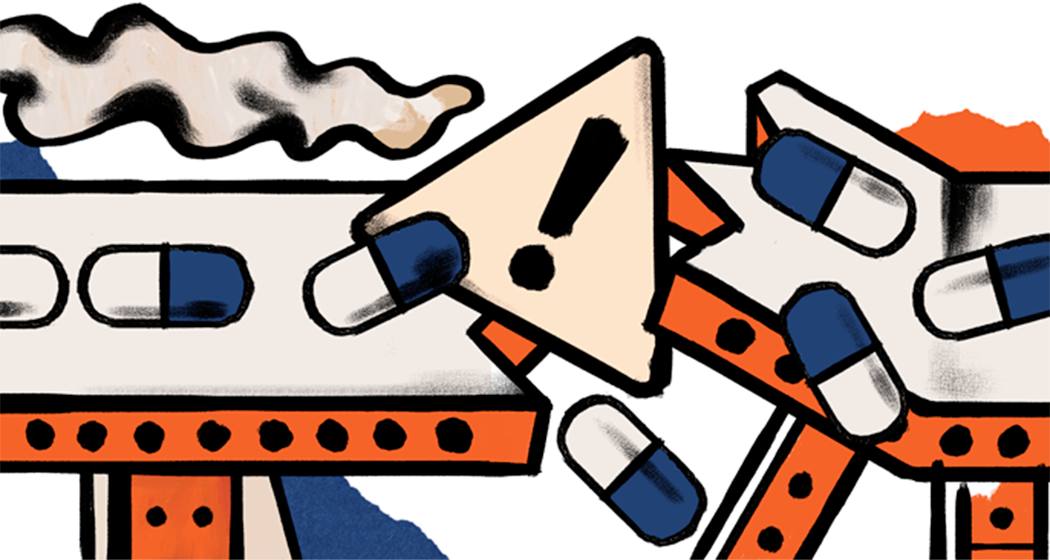
IESE Insight
Rethinking supply chains after COVID-19
The pandemic has exposed weaknesses in our global supply-chain system. Inspired by Donella H. Meadows' classic work on system thinking, we proffer three keys to rebuild more sustainable businesses after the crisis.
While the true, lasting impact of COVID-19 on the world isn't yet fully known, the ramifications for how we conduct our lives and businesses are already plain enough to see. The pharmaceutical supply chain is a prime example. COVID-19 has exposed serious weaknesses in our global interactions and interdependencies, with feedback loops exacerbating and reinforcing deleterious tendencies.
To correct these, we must first diagnose the problems at their design — to step back and take a holistic, systemic approach, so we are able to see the big picture and, where possible, minimize the long-term consequences of our actions as we work to make the overall system more robust and sustainable while keeping it efficient.
To aid us in this exercise, we turn to the famous paper by the late environmental scholar Donella H. Meadows titled "Leverage Points: Places to Intervene in a System," which remains as relevant, if not more so, today as when she first published it in 1997. Using her paper as our guide, we frame our discussion around three concepts that we believe, taken together, will help us build a better future, operationally speaking.
Although for the purposes of this article we will focus on the pharmaceutical industry, the lessons should be applicable to other key industries and multinational companies reliant on global supply chains in a post-pandemic world.
Indeed, the challenges are universal: how to make a global operation more robust and efficient, able to cope with disruption like a pandemic, while at the same time operating within a specific society, with responsibilities to attend to the needs and interests of that society in which you are an embedded actor.
Making a private multinational business sustainable requires resolving multiple conflicts at the level of the nation-state, a regional block and the world; it means having to work in close collaboration with indispensable stakeholders like governments, while also having to maintain a requisite degree of independence from them, to avoid political interference. All this in a context that is fast-moving, constantly changing and wildly unpredictable.
How does Meadows' paper — conceived to address natural ecosystems, environmental conservation and the sustainability of our planet — speak to these challenges?


